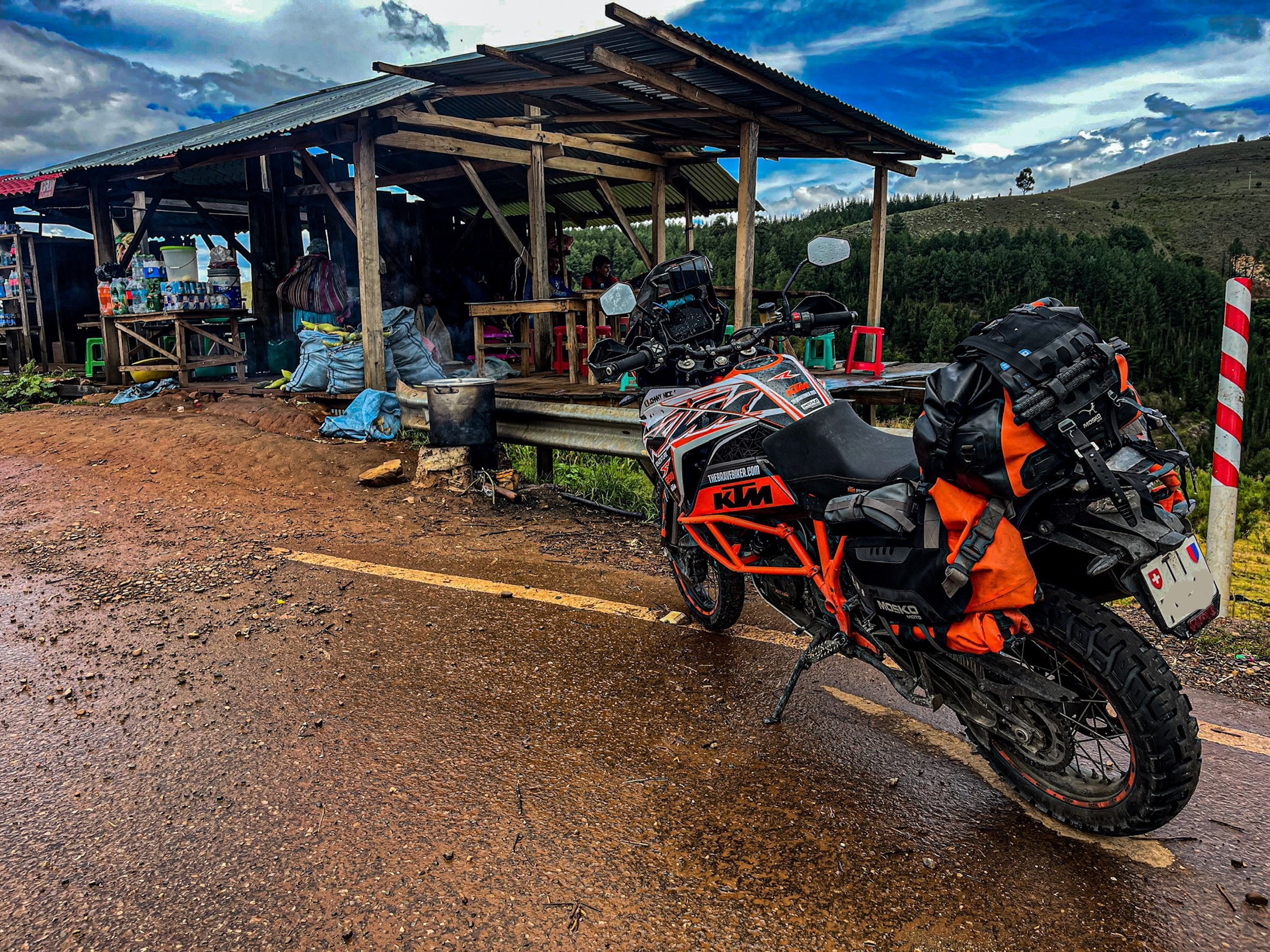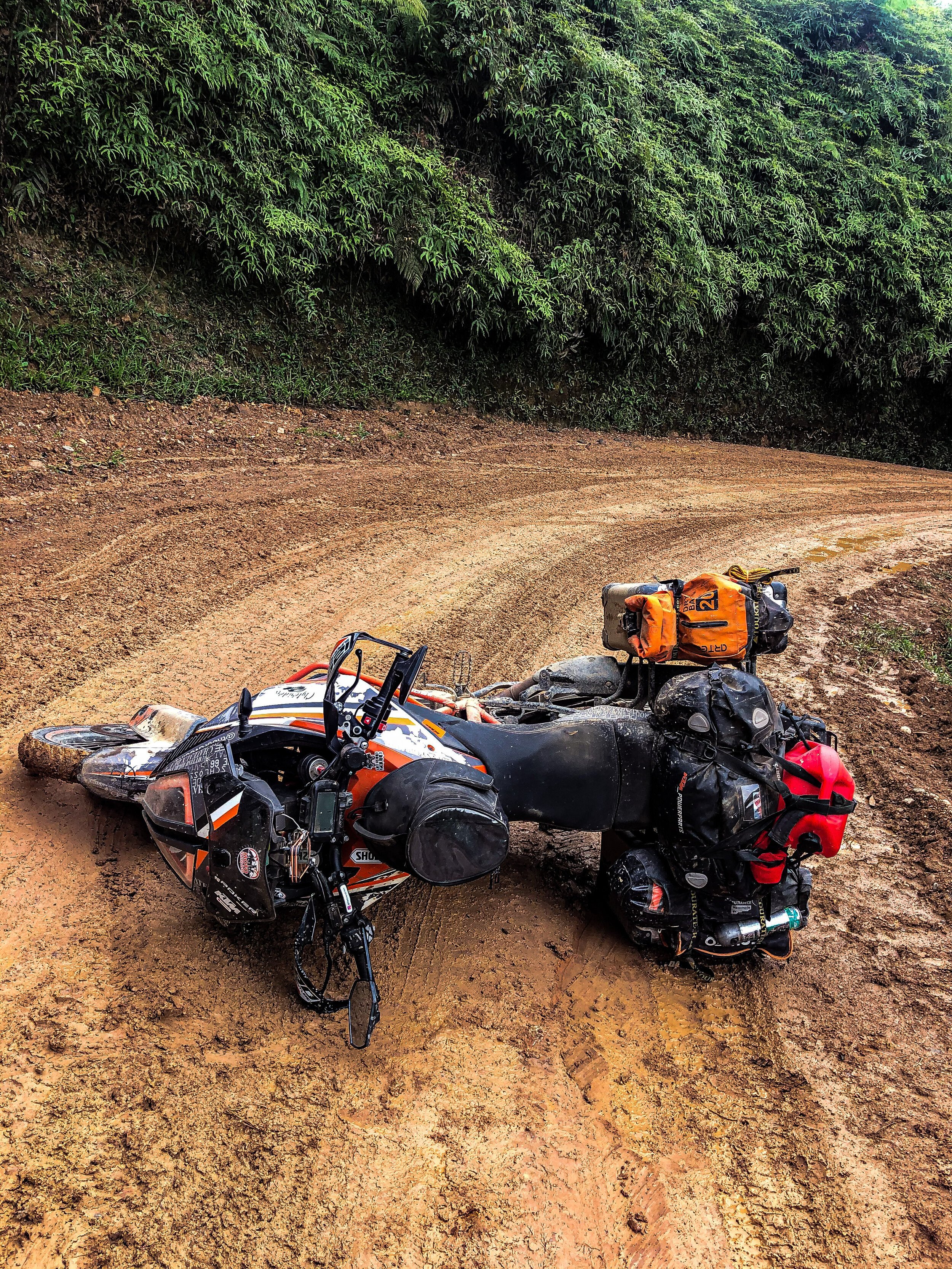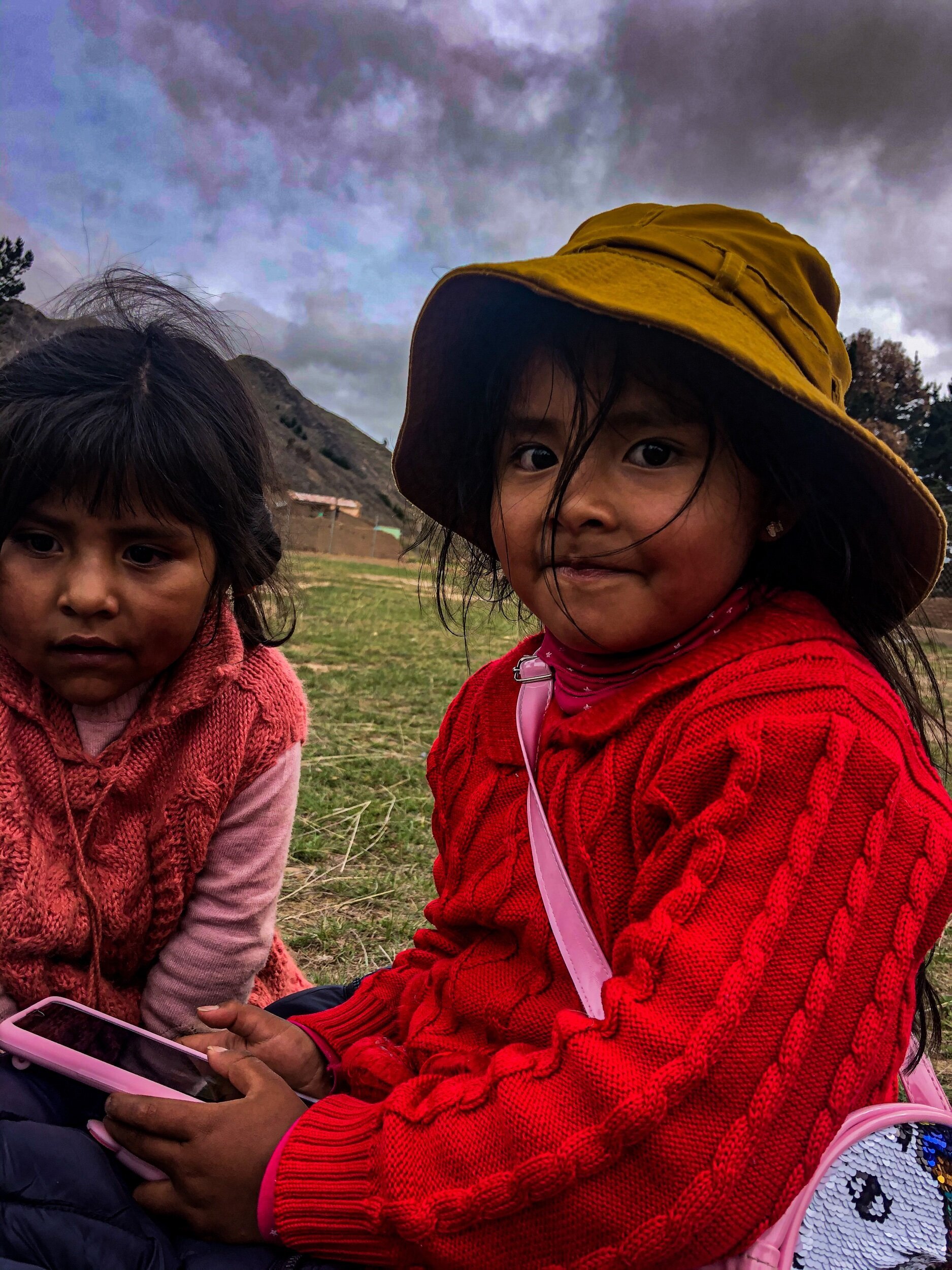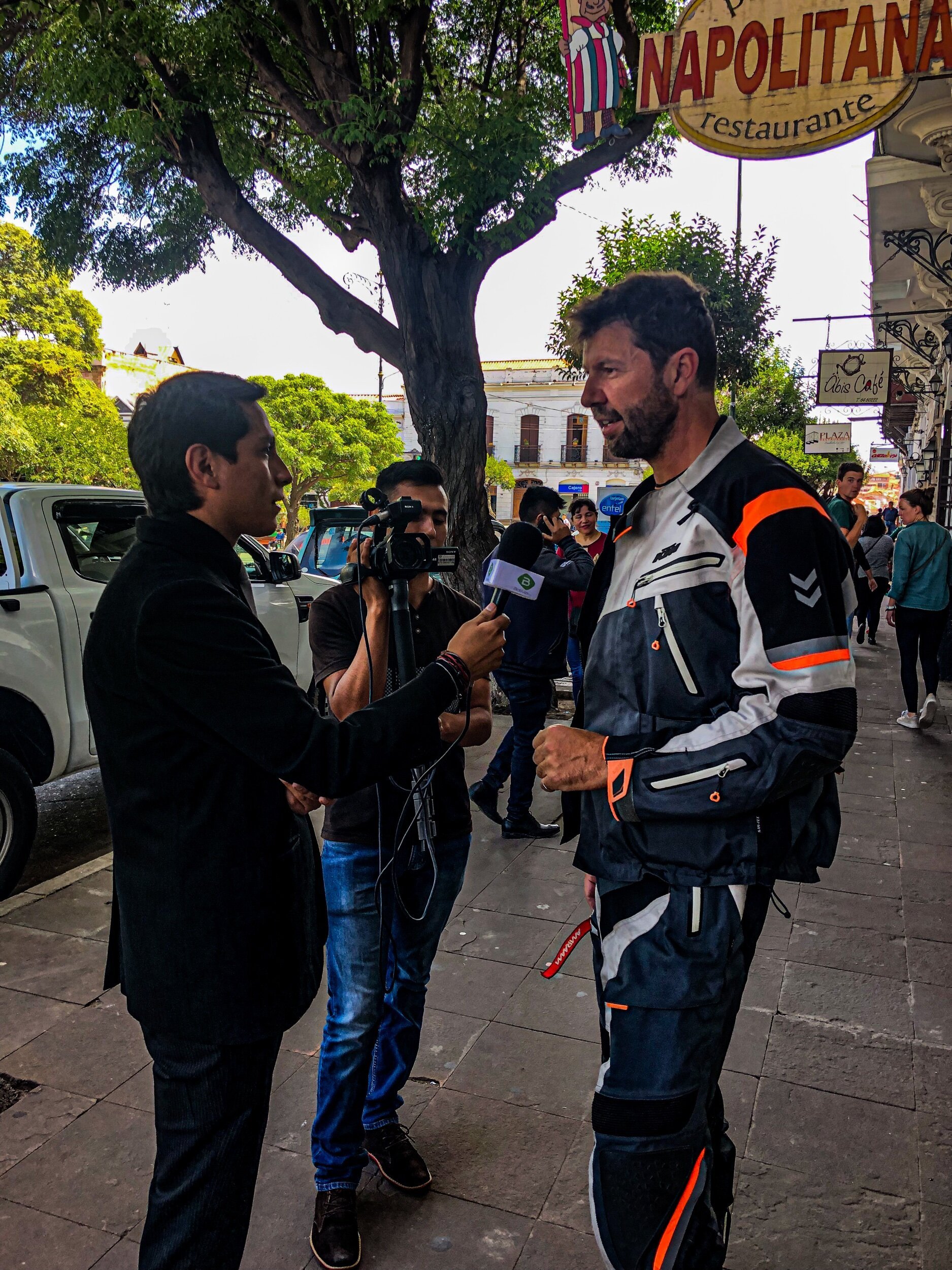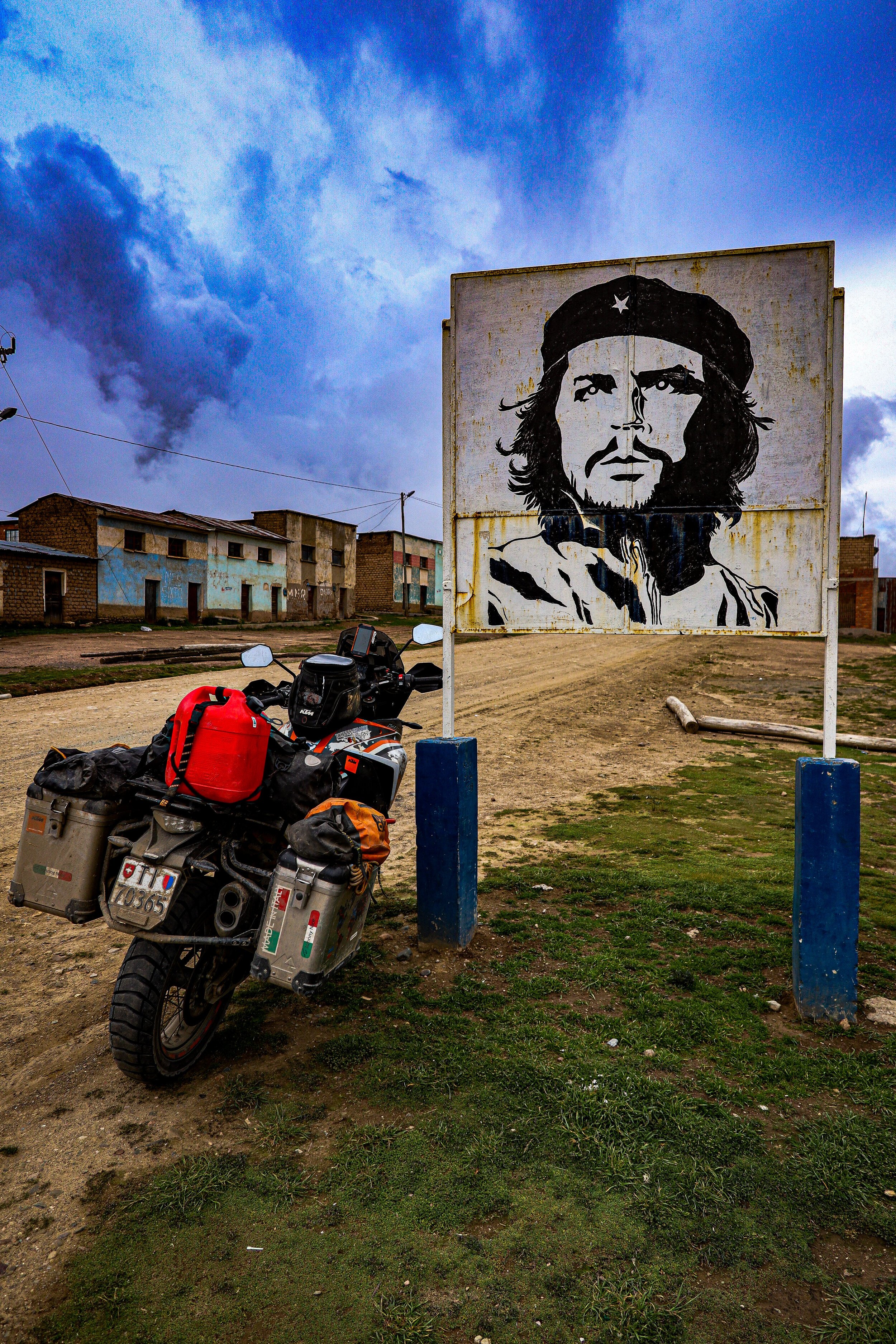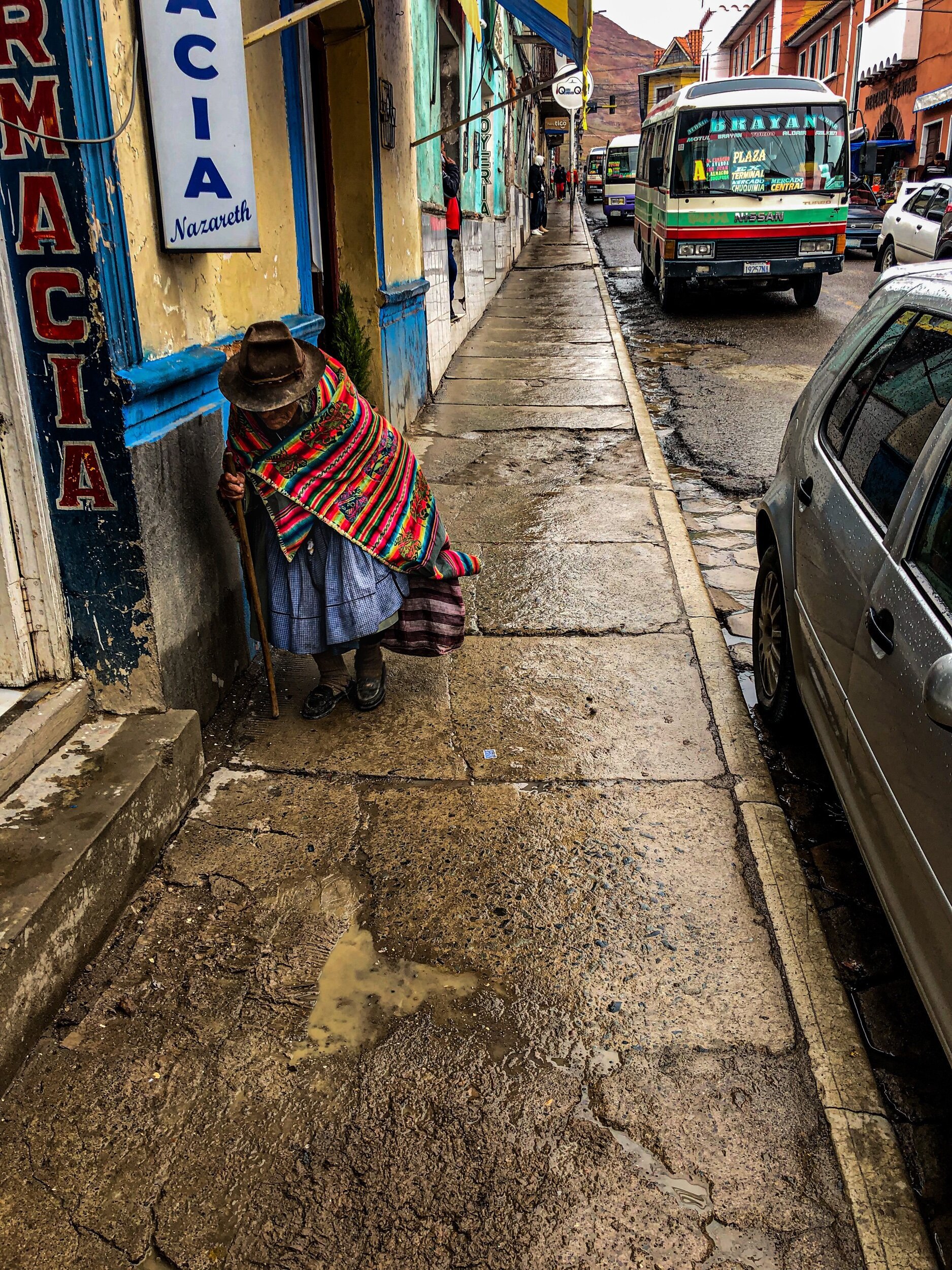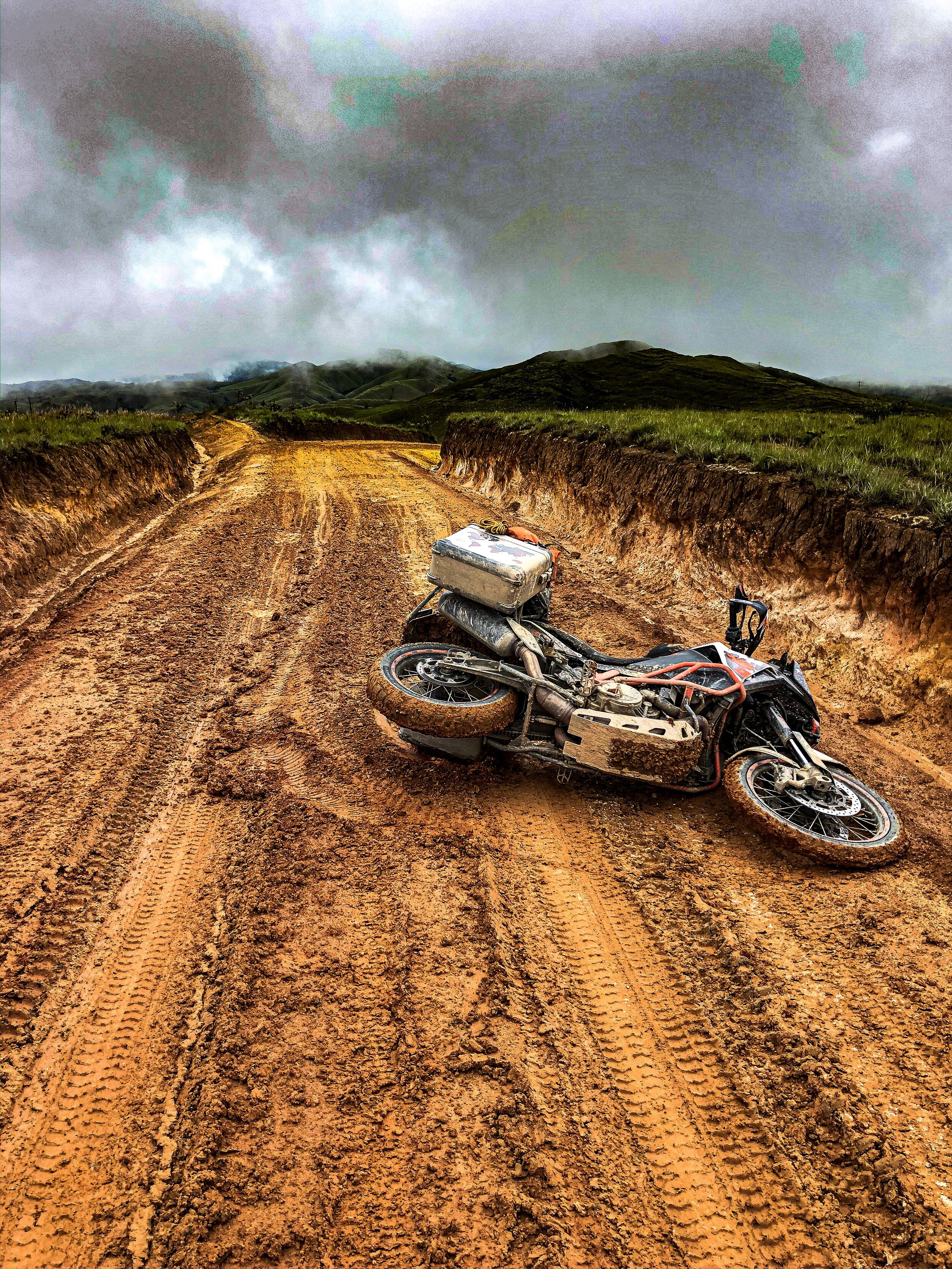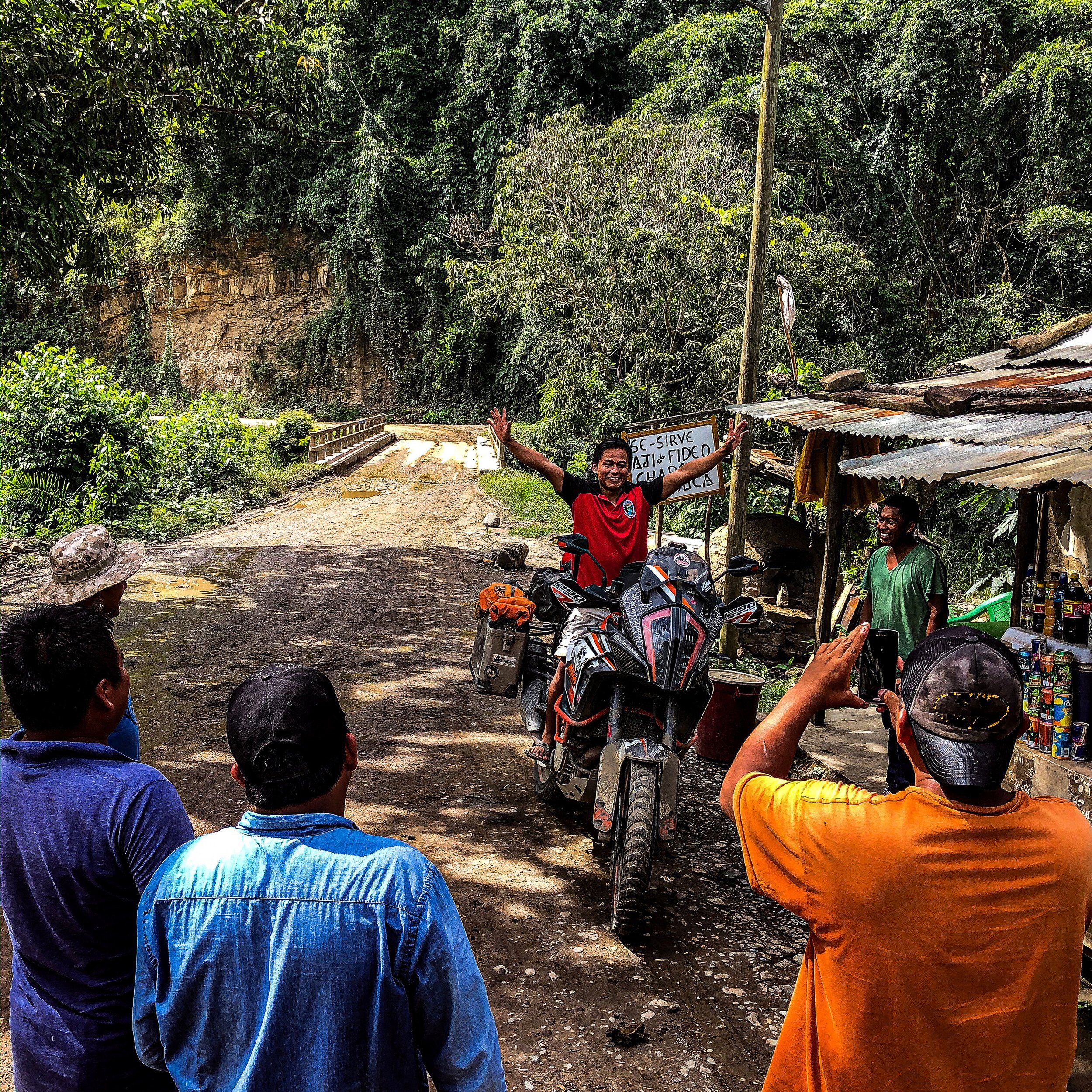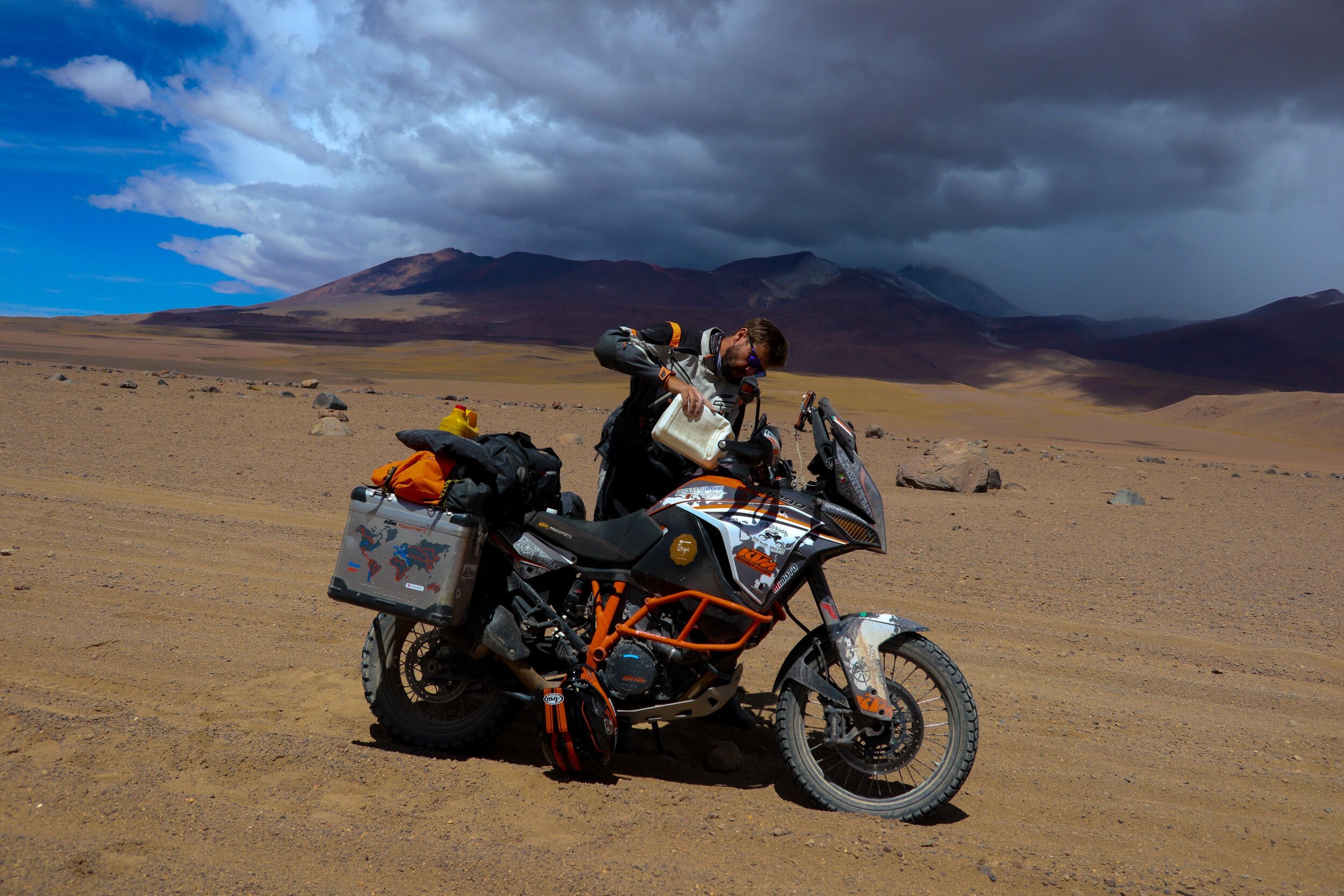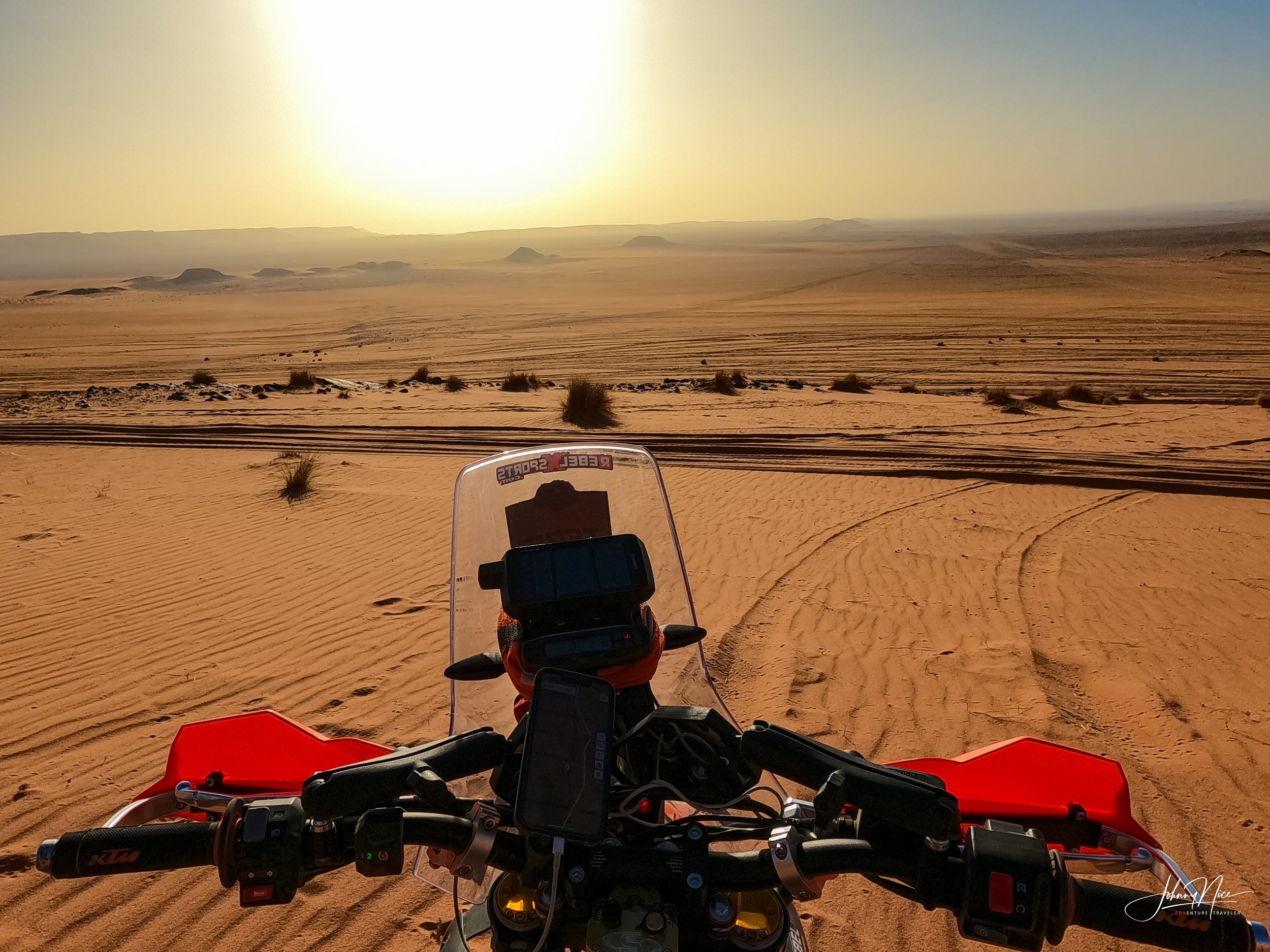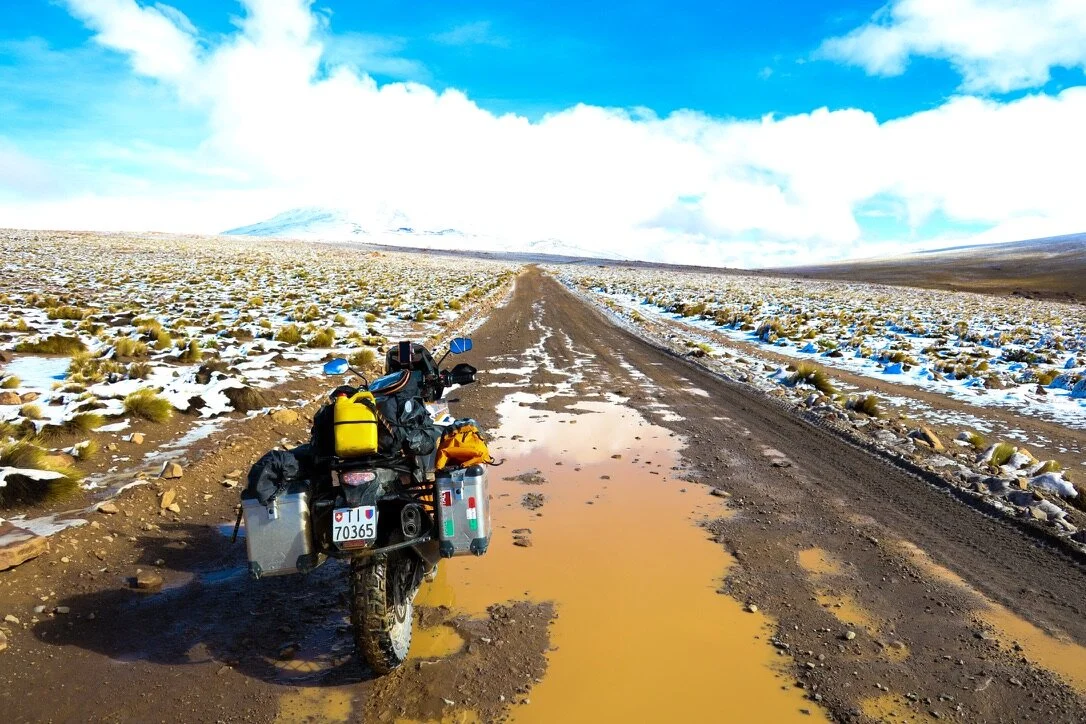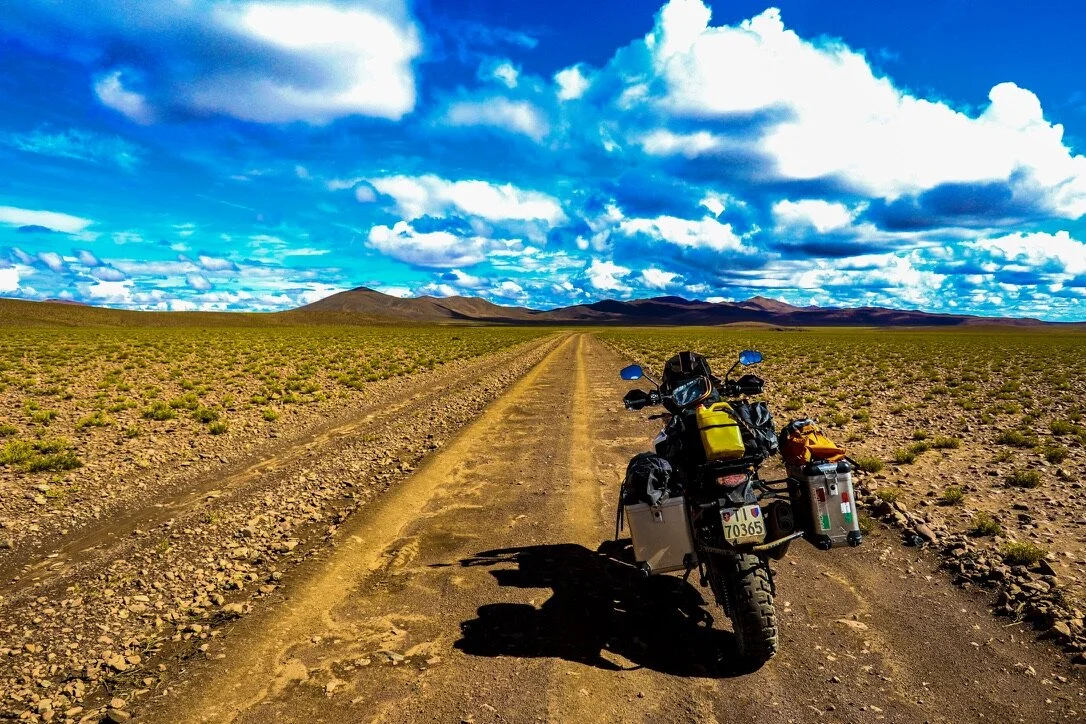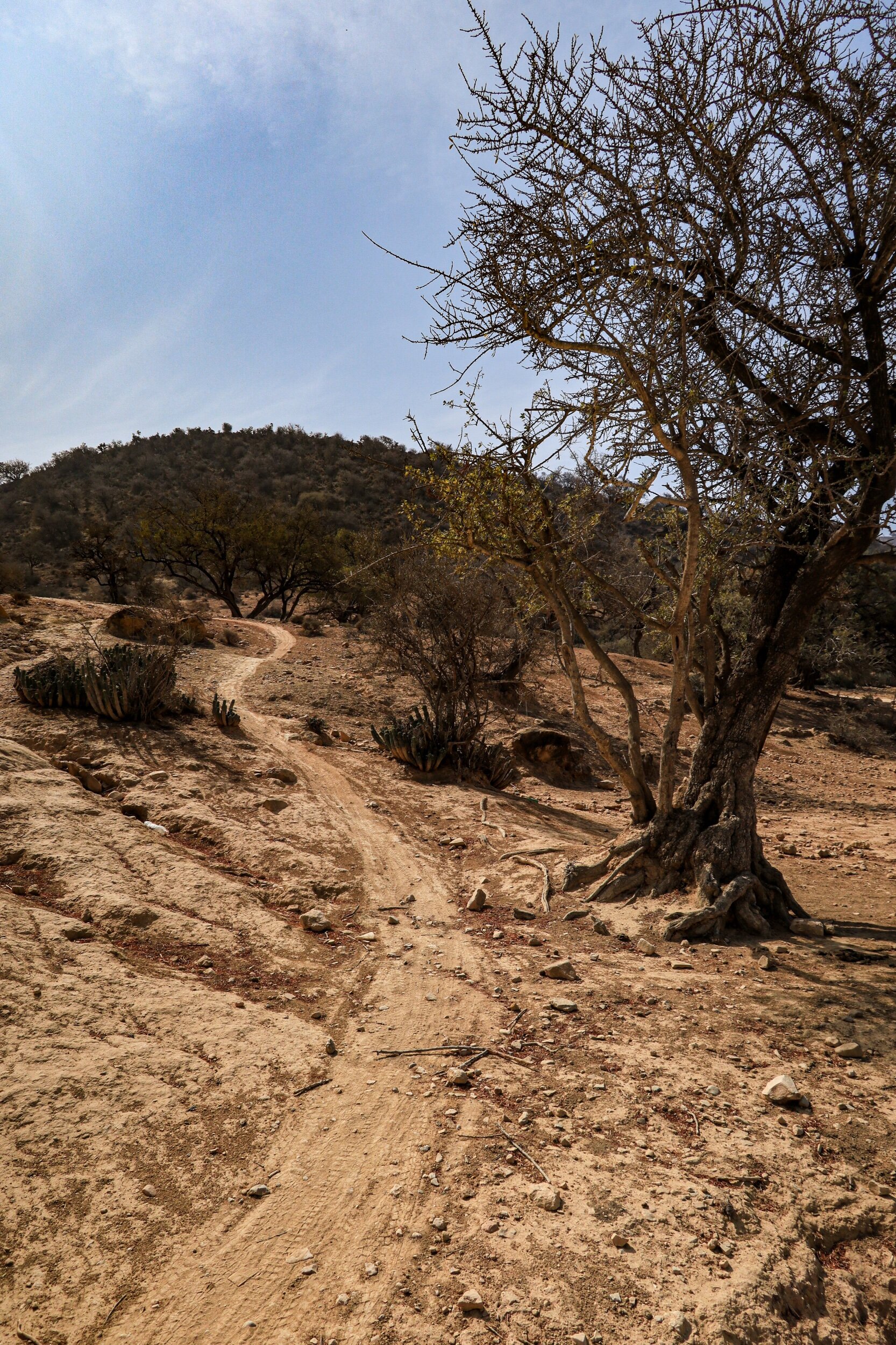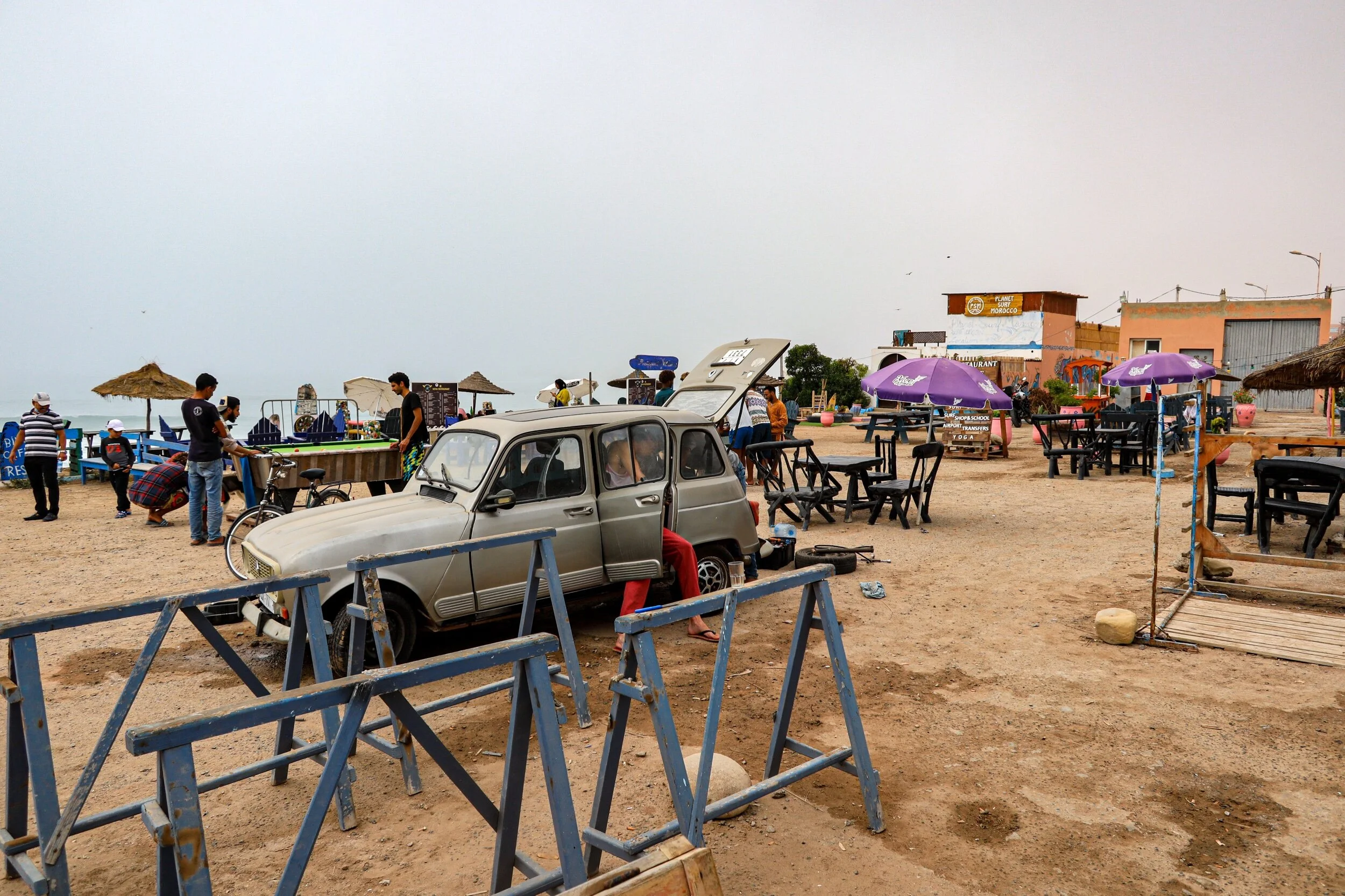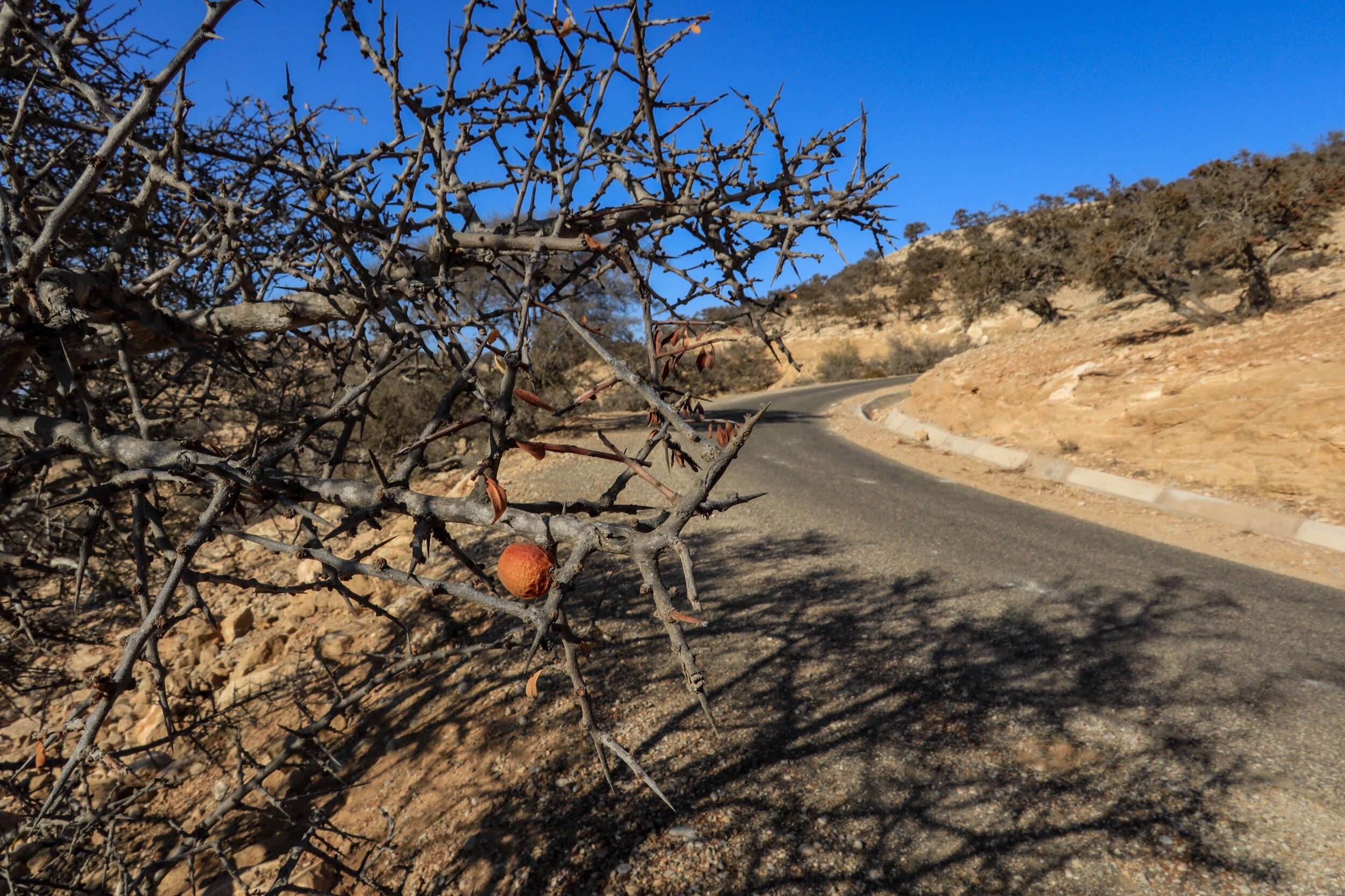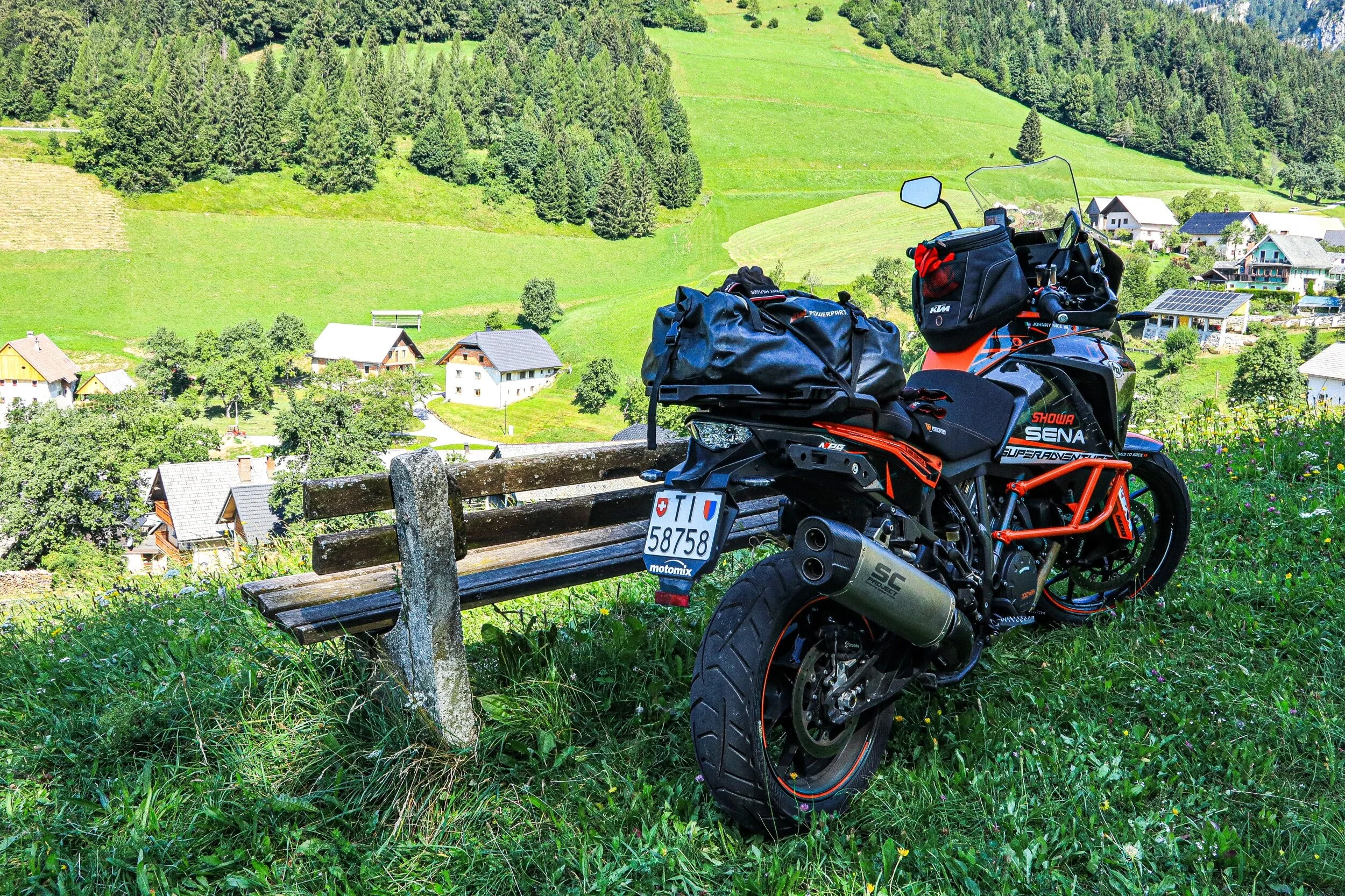In the heart of South America lies a country of unparalleled beauty and diverse landscapes—Bolivia. A nation that captivates the imagination with its lofty Andean peaks, expansive salt flats, and dense Amazonian jungles. For those seeking an adventure off the beaten path, traversing Bolivia on a motorbike offers an unparalleled opportunity to immerse oneself in the stunning scenery, rich culture, and adrenaline-pumping challenges that define this remarkable destination.
The Unforgettable Landscapes:
Bolivia's topography is a testament to nature's creativity, and a motorbike journey is the perfect way to explore its contrasting landscapes. Begin your adventure in La Paz, the world's highest capital, perched at an elevation of over 11,900 feet. From there, the journey takes you through the high-altitude deserts of the Altiplano, where snow-capped peaks and vast plains stretch as far as the eye can see.
Navigate the winding roads through the majestic Andes, passing through valleys and canyons that seem to touch the sky. Witness the surreal beauty of Lake Titicaca, the highest navigable lake globally, where indigenous cultures have thrived for centuries. As the scenery evolves, you'll descend into the lush Amazon rainforest, a stark contrast to the arid landscapes of the Altiplano.
The Death Road Thrill:
No motorbike adventure in Bolivia is complete without tackling the infamous Death Road. Carved into the cliffs of the Yungas region, this narrow and winding route was once considered the most dangerous road in the world. Today, it's a magnet for thrill-seekers, offering an adrenaline-fueled descent through dense jungles, steep drops, and cascading waterfalls. The Death Road provides an exhilarating challenge, coupled with breathtaking views that reward the daring traveler.
Cultural Immersion:
A motorbike allows you to venture into the heart of Bolivia's indigenous communities, providing a unique and immersive cultural experience. Cruise through small villages where traditional customs and colorful clothing tell the stories of ancient traditions. Stop at bustling markets, where the aromas of local cuisine mingle with the vibrant sounds of daily life. Engage with locals, share stories, and gain insights into the rich tapestry of Bolivian culture that is often missed by those confined to more conventional modes of transport.
Salar de Uyuni: A Surreal Playground:
A highlight of any Bolivian motorbike journey is the otherworldly Salar de Uyuni, the largest salt flat on Earth. Stretching for over 10,000 square kilometers, this vast expanse of blindingly white salt creates an optical illusion that blurs the line between earth and sky. Riding a motorbike across the Salar during the dry season provides an almost Martian experience, with the flat expanse stretching endlessly in all directions. In the rainy season, a thin layer of water transforms the salt flat into a gigantic mirror, reflecting the sky and creating a surreal visual spectacle.
Challenges and Rewards:
While the allure of Bolivia's landscapes and cultures is undeniable, embarking on a motorbike adventure in this South American gem is not without its challenges. High-altitude plateaus bring the risk of altitude sickness, and the weather can be unpredictable, demanding careful planning and adaptability. Yet, overcoming these obstacles contributes to the sense of accomplishment that accompanies every twist and turn on Bolivia's roads. The rewards of conquering varied terrains, witnessing diverse cultures, and relishing the freedom of the open road create a mosaic of memories that linger long after the journey ends.
I left my heart in Bolivia
Bolivia is a gem for motorbike enthusiasts, offering a thrilling and immersive adventure through some of the most captivating landscapes in South America. From the high-altitude plateaus to the dense Amazon rainforest, every twist and turn of the road reveals a new facet of this diverse and enchanting country. So, rev up your engine, strap on your helmet, and get ready for the motorbike adventure of a lifetime in Bolivia—the land of extremes and endless possibilities.
Bolivia, with its rich cultural diversity and indigenous heritage, has a collection of proverbs that reflect the wisdom, traditions, and values of its people. Here are some Bolivian proverbs:
"Quien mucho abarca, poco aprieta."
Translation: "He who grasps at much, holds little."
Meaning: This proverb suggests that spreading oneself too thin can lead to ineffective results. It emphasizes the importance of focus and quality over quantity.
"Más vale pájaro en mano que cien volando."
Translation: "A bird in the hand is worth more than a hundred flying."
Meaning: This proverb conveys the idea that it's better to have something tangible and certain than to pursue uncertain or risky opportunities. It promotes practicality and appreciating what you already have.
"Más vale tarde que nunca."
Translation: "Better late than never."
Meaning: Encouraging patience and the importance of completing a task or achieving a goal, even if it takes longer than expected.
"No dejes para mañana lo que puedas hacer hoy."
Translation: "Don't leave for tomorrow what you can do today."
Meaning: Urging prompt action and discouraging procrastination, this proverb emphasizes the importance of seizing the moment.
"A caballo regalado no se le mira el dentado."
Translation: "Don't look a gift horse in the mouth."
Meaning: Appreciate and be grateful for what is given freely, without scrutinizing or questioning its value.
"El que mucho abarca, poco aprieta."
Translation: "He who grasps at much, holds little." (Similar to the first proverb)
Meaning: Reiterating the idea that trying to handle too much at once may lead to inefficiency and a lack of meaningful results.
"Ojos que no ven, corazón que no siente."
Translation: "Out of sight, out of mind."
Meaning: Highlighting the idea that distance or lack of awareness can lessen emotional attachment or concern.
"La paciencia es amarga, pero sus frutos son dulces."
Translation: "Patience is bitter, but its fruit is sweet."
Meaning: Encouraging endurance and persistence in the face of challenges, with the promise that the rewards will be worthwhile.
"Camarón que se duerme, se lo lleva la corriente."
Translation: "The shrimp that falls asleep is carried away by the current."
Meaning: Advising against complacency and the importance of staying alert and proactive to avoid being swept away by life's challenges.
"Cada loco con su tema."
Translation: "Each fool with his own theme."
Meaning: Acknowledging individual differences and preferences, suggesting that everyone has their own unique interests and perspectives.
These proverbs offer a glimpse into the cultural wisdom and values that have been passed down through generations in Bolivia. They reflect the importance of practicality, gratitude, perseverance, and an appreciation for the richness of life.

